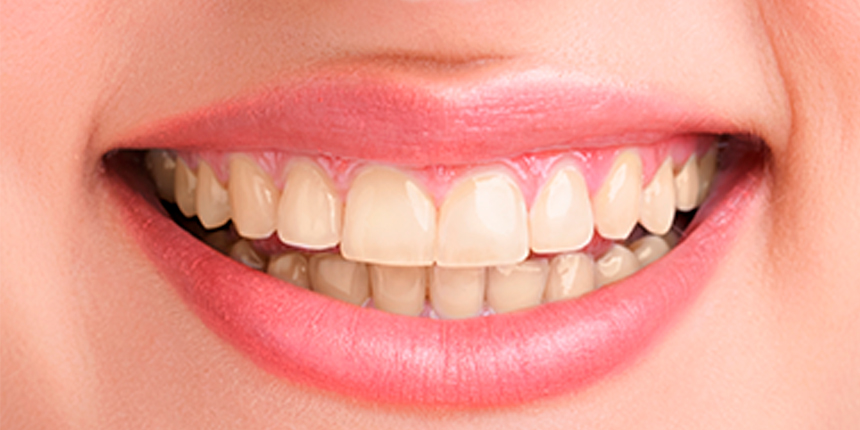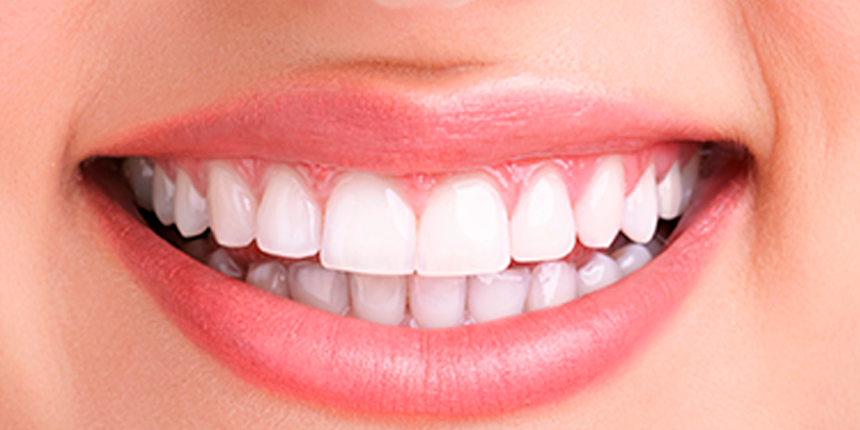

Teeth whitening is a cosmetic dental procedure aimed at lightening the color of your teeth and improving their overall appearance. It is a popular treatment that can help remove stains and discoloration caused by various factors, including:
- Staining Foods and Drinks: Consuming foods and beverages such as coffee, tea, red wine, and certain fruits can lead to teeth staining over time.
- Tobacco Use: Smoking or chewing tobacco can cause teeth to become discolored.
- Aging: As you age, your tooth enamel naturally wears down, revealing the yellowish dentin underneath, which can make your teeth appear less white.
- Poor Oral Hygiene: Inadequate brushing and flossing can lead to the buildup of plaque and tartar, which can contribute to teeth staining.
- Medications: Some medications, such as certain antibiotics and antihistamines, can cause teeth discoloration, especially if taken during tooth development in childhood.
- Trauma: A traumatic injury to a tooth can cause it to darken or become discolored.
There are several methods for teeth whitening:
- In-Office Whitening: This is a professional treatment performed by a dentist. It typically involves applying a high-concentration bleaching gel to your teeth and using a special light or laser to enhance the whitening process. In-office whitening can provide dramatic results in a single session.
- At-Home Whitening Kits: Dentists can also provide custom-made trays and bleaching gels for you to use at home. These kits are less potent than in-office treatments and require multiple applications over several weeks to achieve desired results.
- Over-the-Counter Products: You can find various over-the-counter whitening products, such as whitening toothpaste, strips, and gels. These are generally less effective than professional treatments but can provide some improvement in tooth color.
It's important to note that teeth whitening may not be suitable for everyone. For example, it may not work on all types of stains, and it's not recommended for individuals with certain dental conditions or pregnant and lactating women. Additionally, teeth whitening is not a permanent solution, and results can vary depending on individual factors and lifestyle choices.
